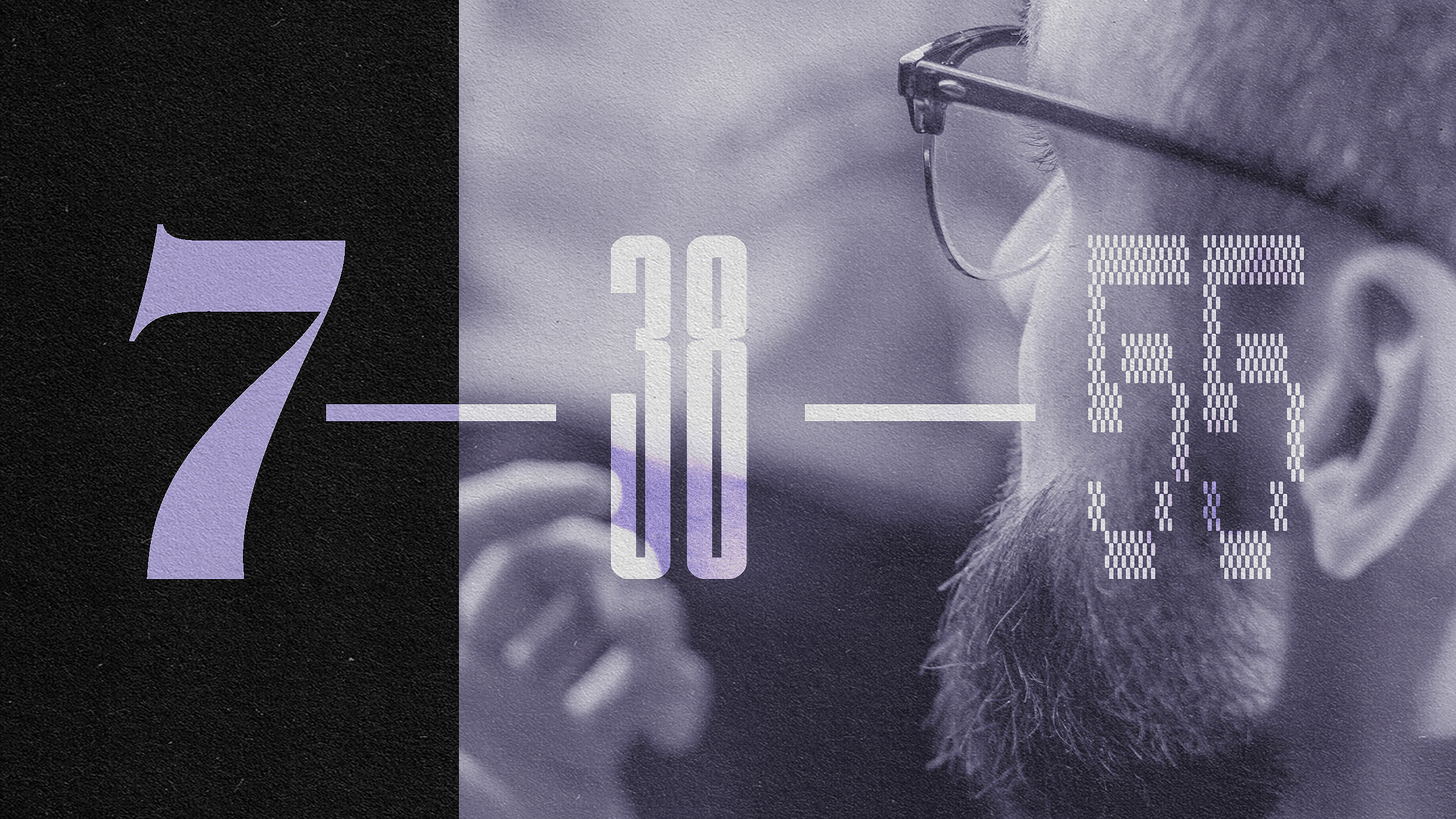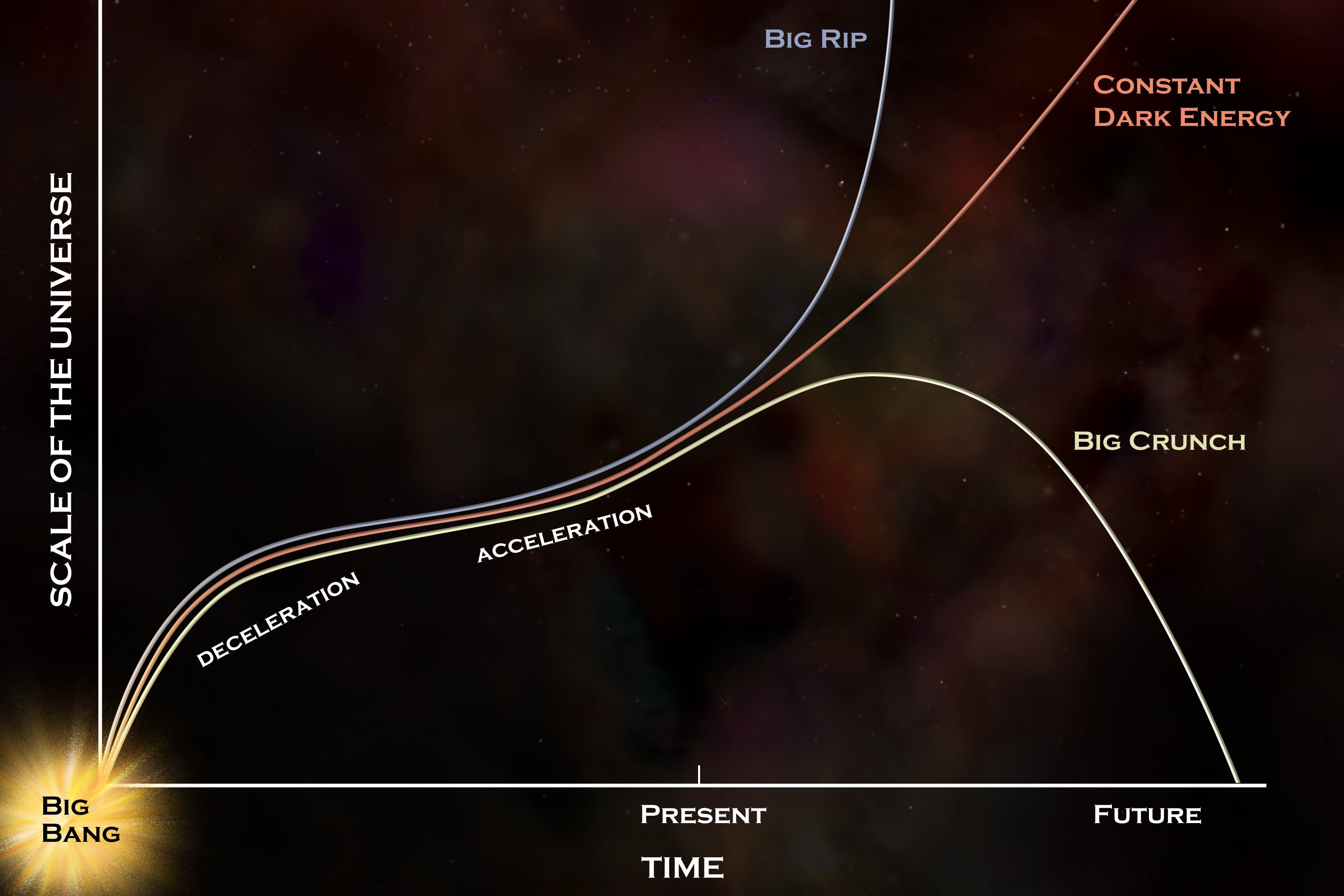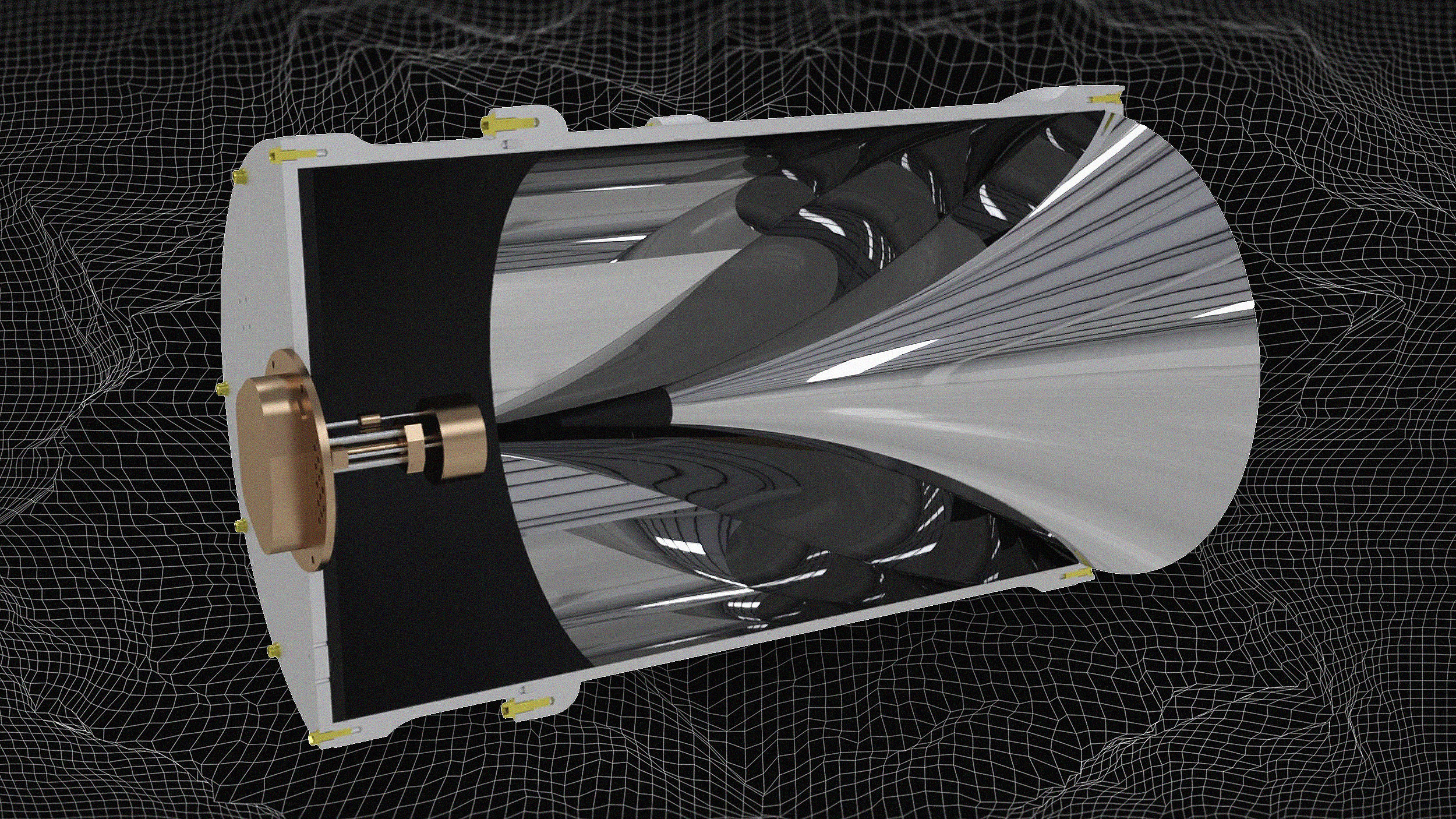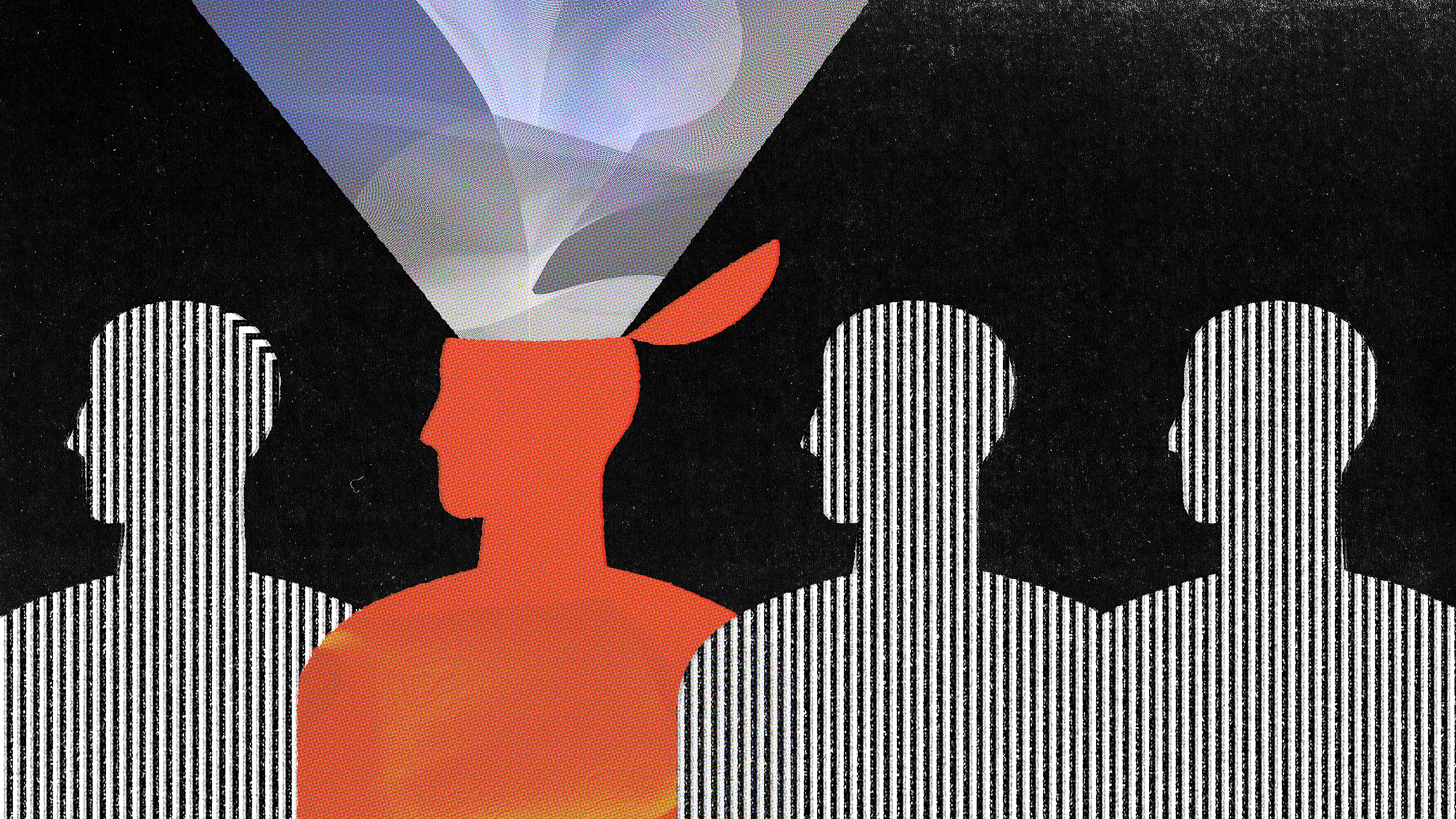Responding to a Collapse is More Important Than Growth
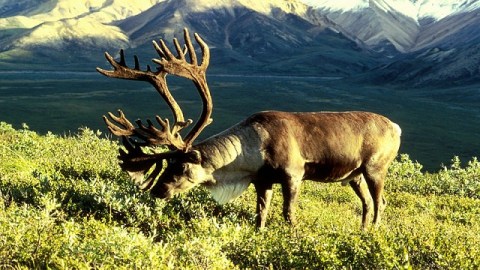
Many successful networks (biological or non-biological) experience breakpoints—instances in which more growth is impossible.
Consider the story of 29 reindeer on St. Matthew Island, a narrow piece of land located in the Bering Sea, roughly half way between Alaska and Russia, with no human inhabitants. The reindeer arrived on St. Matthew Island in 1944 via the United States Coast Guard. By 1963, over 6,000 existed, thanks to a large local population of lichen, a reindeer favorite. By the spring of 1964, nearly every reindeer was dead. Researchers debate the details, but later reconnaissance missions uncovered some indisputable evidence: a lot of reindeer skeletons and no lichen. The reindeer, save 42, had starved to death.
This story, from Jeff Stibel’s Breakpoint, raises a question. If continuous growth is impossible, why do some networks succeed after breakpoints while others fail? Consider ants. When ant colonies reach a certain population (normally around the five-year mark), they stop growing and send fertile females and males to mate and create new colonies, knowing that adding more ants to the current colony is harmful. Ants have existed for about one hundred millions years, and their longevity is attributed to this clever strategy. The brain is similar. As we age, faulty or unnecessary neurons die off (we stop acquiring new neurons when we are infants) while existing connections strengthen. This neurological maneuver exchanges quantity for quality, one reason why we become wiser with age, even though we lose neurons.
Stibel thesis is ultimately about understanding technology. He draws from nature to discuss technological breakpoints (e.g., the peak and subsequent decline of MySpace) to argue that for networks to succeed (e.g., Facebook or the Internet in general) they must learn how to respond to breakpoints; they must consolidate instead of collapse, just like an ant colony and the brain.
This is Stibel’s best insight. Innovation in the 21st century is beset by a Silicon Valley bias that suggests that good ideas are about scalability. An entrepreneur will ask, “Can I turn it into an app? Can it go viral? Can it get millions of hits?” instead of, “If an idea or business hits a breakpoint, how could it avoid collapse?” Just as the brain increases intelligence by discontinuing the production of neurons and strengthening the important existing connections, technological networks endure by focusing on utility and efficiency instead of size. Equilibrium, not growth, is the ultimate goal.
Many domains—not just online social networks—ignore this principle and simply focus on size. Bureaucracy plagues large corporations because efficiency decreases as the number of employees increase. Management fads such as “reengineering” attempt to address this problem, but few (if any) are successful. The banking industry continues to grow, but we’ve seen the consequences of financial breakpoints, suggesting that in the long run many small banks are more effective than a few large ones. Restaurants and big-box stores advertise their tremendous selections, but the mind encounters tyranny of choice problems when it is exposed to only a half dozen options or so—after that, cognitive overload sets in and deciding rationally becomes impossible. Concentrating on quantity is myopic; we should expect breakpoints and learn how to respond to them.
This is where Wikipedia finds itself. Today it is growing at less than half the rate of 2006 in terms of new content; it is also losing editors every month. One reason, of course, is that all the low hanging fruit is gone. A Darwin enthusiast, to pick a random example, has much less to contribute to the page on The Beagle compared to the early days. But Wikipedia’s virtual lichen, so to speak, are not depleted. Wikipedia must figure out how to balance quality and quantity. “Once you have sufficient growth, pulling back paradoxically drives momentum forward,” says Stibel.
The future of the Internet is in a similar position. The web is so widespread that it appears to be here to stay, but Stibel is skeptical because hypergrowth is often a sign of imminent downfall. The Internet has hit breakpoints in the past and responded well—dial-up, broadband, fiber optics—but a point will come when the Web will be so large that it will demand a significant portion of energy (perhaps 20 percent of total global output). Once this happens, the solution is not more bandwidth. Like adding lanes to a highway, more bandwidth is a small improvement that avoids a larger problem. Something fundamental must change (mobile, Google Glass, brain implants?).
No network can last forever—a fact of life that applies to humans as well as reindeer. The population on Easter Island—the Rapa Nui civilization—grew from a couple hundred in the thirteenth century to around 15,000 by the beginning of the seventeenth century. By 1700, the number of Rapa Nui diminished to 2,500. Like the reindeer, they exhausted their resources. In their case, it was the trees; they cut down so many at such a fast rate that the ecosystem collapsed. Without trees they could not build homes for shelter or canoes for fishing. Cannibalism eventually set in.
In Song of the Dodo*, David Quammen explores evolution through the lens of “island biogeography,” or the study of isolated communities such as the Galapagos, Mauritius, or a Pacific atoll. One discovery is that a large population is more robust than a small one, but on an island, any species is a single catastrophic event—a new predator, disease or natural disaster—away from extinction.
The implication is that Earth is itself an island, and we humans, living in a pre-breakpoint era, are more fragile than we think. Growth, after all, is easy. Responding to a breakpoint is hard—over 99.9 percent of species that have ever existed on Earth are in the graveyard. Post breakpoint networks are stronger and more intelligent than large, pre-breakpoint networks. Or as the Stoics said, you are only as strong as the worst adversity you’ve overcome.
Image via Wikipedia Creative Commons
* ht FarnamStreet
